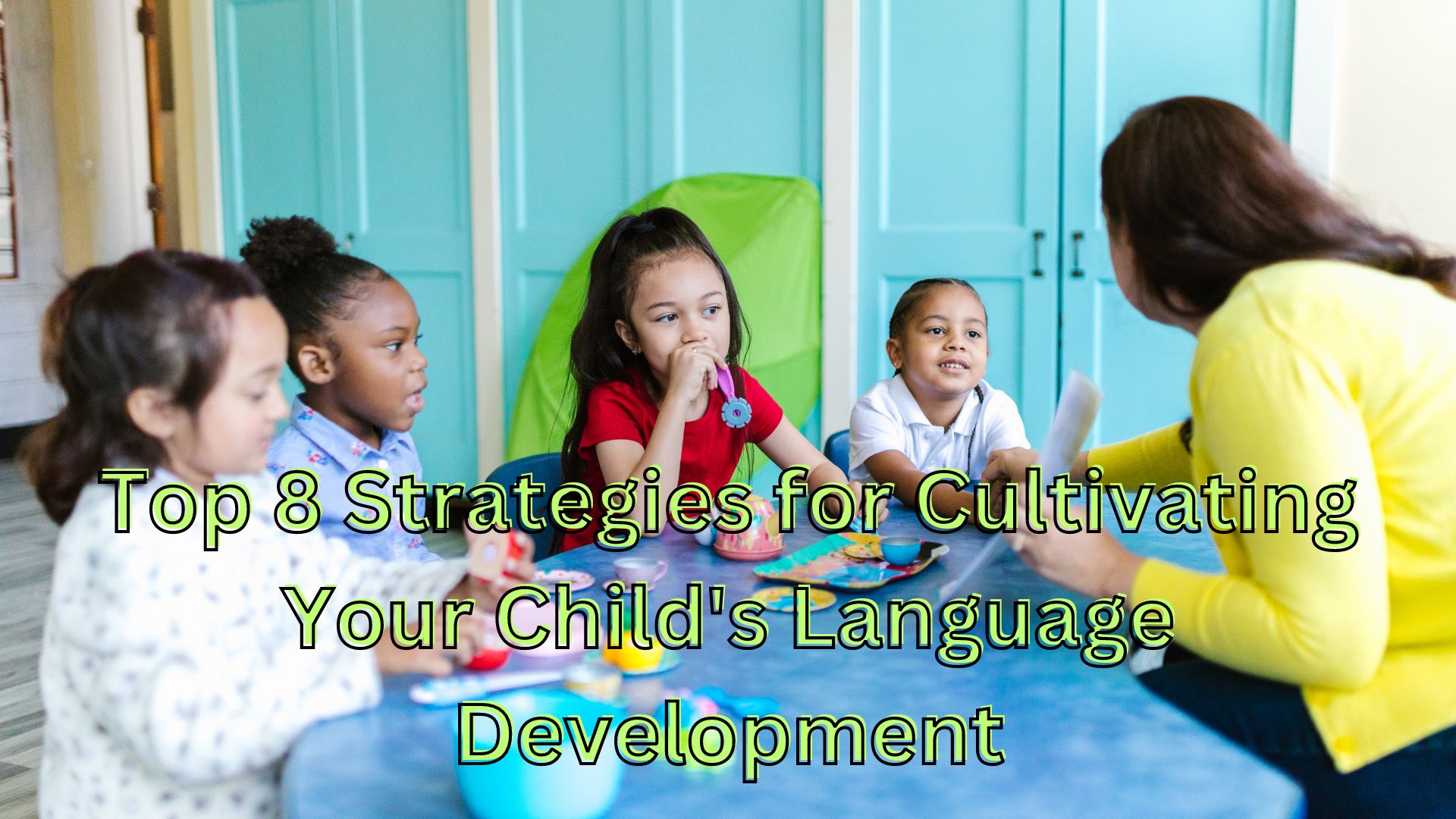
The journey of language development in children commences with sounds and gestures, gradually evolving into the realm of words and sentences. This process serves as a cornerstone not only for effective communication but also for the overall cognitive, social, and emotional growth of a child. Proficiency in language equips children with the ability to articulate their thoughts and, in turn, fosters their self-confidence.
During this pivotal phase of language development, parents are pivotal in laying the groundwork for strong communication skills. Dr. Anita Madan, the Head of Curriculum Development at EuroKids, shares an array of engaging activities that parents can utilize to enhance their child’s language development:
- Reading Together: The practice of reading to children and engaging them in discussions about stories is a potent means of exposing them to diverse words and language patterns. This exposure expands their vocabulary and comprehension while also strengthening the parent-child bond. Furthermore, it encourages children to express their thoughts and emotions, nurturing their communication abilities.
- Building Vocabulary: Everyday interactions, though simple, hold tremendous potential for vocabulary development. Engaging in conversations throughout the day exposes children to a rich tapestry of words and expressions. Elaborating on daily activities, objects, and emotions in detail aids children in understanding new words within their context. Labeling objects during playtime reinforces their vocabulary. Parents can actively contribute to a language-rich environment by seamlessly incorporating these strategies.
- Engaging Conversation: Encouraging children to communicate by posing open-ended questions and genuinely listening to their responses is fundamental to fostering language development. Allowing children ample time to express themselves, even if it requires patience, is essential. Thought-provoking conversation starters like, “If you were an animal, which one would you choose and why?” or “If your toys had voices, what would they say?” can stimulate their imaginative faculties. While on the move, parents can engage in conversations about novel and unfamiliar things, thereby enriching their language skills.
- Songs and Rhymes: Music, besides being enjoyable, holds immense developmental value for children. It contributes to the development of social skills and creativity while also engaging various regions of the brain. Catchy tunes and rhymes naturally captivate children. The rhythmic patterns, melodies, and repetition of song lyrics create an environment conducive to learning new words and phonetic patterns. Parents can introduce their favorite rhymes and songs to children, seamlessly integrating music into their daily routines.
- Pretend Play: Role-playing with toys or friends is a beloved activity among children. Engaging in dramatic play and weaving fictional scenarios encourages children to employ their imagination to communicate and express themselves. Parents can enhance this experience by narrating stories with vivid descriptions and expressive tones, thereby helping children absorb new words and phrases and honing their storytelling skills.
- Art and Craft: Art serves as a powerful medium for communication and enhances a child’s expressive abilities. Engaging in activities such as drawing, crafting, and painting offers excellent opportunities for language development. As children immerse themselves in these creative endeavors, parents can encourage them to describe their creations, explain their choices, and discuss their emotions. This process aids children in finding words to express their thoughts and feelings, thereby reinforcing their communication skills.
- Digital Media: In the digital age, educational apps and games can complement traditional language development exercises. Parents can explore age-appropriate language-learning apps that introduce phonics, vocabulary, and storytelling in an engaging and interactive manner. Games like crossword puzzles and word hunts make learning enjoyable. However, it’s imperative to strike a balance between screen time and hands-on activities, with active parental guidance during digital learning.
- Patience and Encouragement: Parents wield considerable influence over their children’s learning journey. Patience and positive reinforcement are invaluable in nurturing linguistic skills. It’s crucial to recognize that language development is a gradual process, with each child progressing at their unique pace. By creating a supportive and encouraging environment, parents can bolster their children’s confidence in using language and ignite their motivation to learn.
In conclusion, fostering linguistic skills in young children necessitates a collaborative effort involving parents and the environment. Incorporating interactive exercises and activities into daily routines, such as reading aloud, engaging in conversations, singing, participating in dramatic play, labeling objects, and utilizing educational apps, can create positive experiences that establish a robust foundation for effective communication, critical thinking, and a lifelong love for learning, as stated by Dr. Anita Madan.
Also Read
Unlocking Brainpower: Insights from an Expert

One thought on “Top 8 Strategies for Cultivating Your Child’s Language Development”